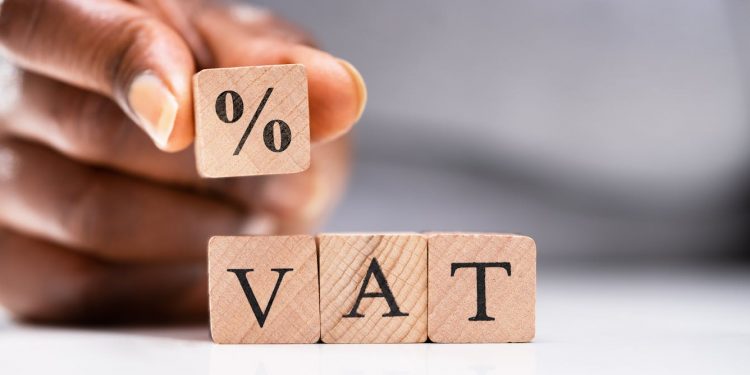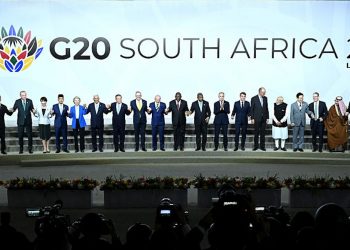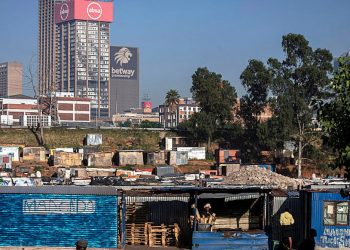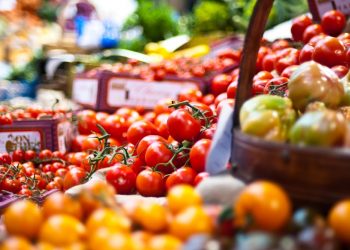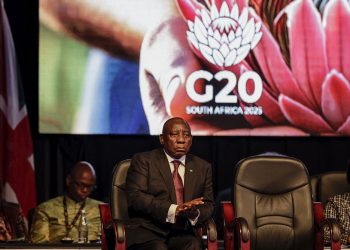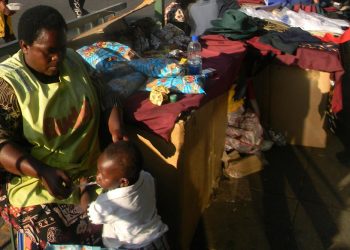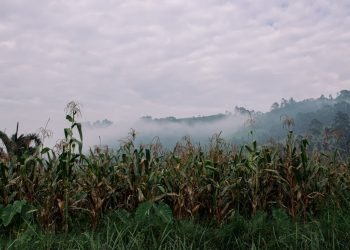South Africa’s 2025-6 budget has been subjected to more comment than usual. This is due to the political tensions generated by a proposed increase in value added tax (VAT).
South Africa’s choices on how it manages the revenue and expenditure issues in the budget are critical for how the larger issues of the country’s debt and its economic policies are handled. As things stand, the economy is locked into a low-growth trajectory which make the debt, revenue and expenditure issues more difficult to deal with.
This piece draws on a longer article which explores these issues in greater detail. Here, I focus only on the VAT issue.
The finance minister originally tabled an increase of 2 percentage points, then changed it to 0.5 percentage points. Still, it is threatening to end the country’s government of national unity, which was set up after elections in 2024.
Read more:
South Africa’s finance minister wanted to raise VAT: the pros and cons of a tricky tax
Most commentators, including the political parties that have opposed the proposal, many academics, and non-governmental organisations claiming to represent low-income groups, have argued that an increase in VAT places an undue burden on low-income groups. This would make it regressive.
Based on work as an academic economist over the past three decades, I believe that the debate has been based largely on conjecture and ideological opposition to VAT, rather than on the evidence of its impact.
This is a pity as there is empirical evidence rooted in research that a VAT increase is, in fact, not regressive and is therefore a good policy decision.
Tax experts usually refer to the three Es in taxes – equity, efficiency and ease of administration – for evaluating tax policy proposals. New taxes should ideally promote equity (they should be progressive and not regressive), be efficient and be easy to administer.
An increase in VAT in South Africa ticks all these boxes.
First, contrary to what many commentators have been arguing, VAT isn’t always regressive – it depends on how it’s implemented. As proposed by the finance minister it would not be regressive because, while it would add to the burden of low-income households, most of the VAT would be collected from higher-income households. Added to this is that the proposed expansion of the existing list of zero-rated items would protect the lowest-income households.
Second, VAT is a very efficient tax. For relatively low increases in the rate, government is able to raise a large amount of revenue.
Finally, the system is easy to administer and adds very little cost to collection.
Key to its efficacy is the way VAT is implemented, including the choice of products to zero rate, and the political credibility of government.
The case for a VAT increase
VAT is a consumption tax, so it only affects the income that a household consumes.
According to the International Monetary Fund (IMF), VAT is now the mainstay of tax systems in over 160 countries, raising on average one-third of total government revenues.
In theory, there are good reasons to be concerned about the impact of VAT. First, it can place a high burden on low-income households because they spend a large proportion of their incomes on consumption goods such as food.
Second, VAT may also place a heavy burden of tax on women. In South Africa and many other countries, women-led households tend to be clustered in the lower end of the income distribution. And women disproportionately take responsibility for feeding and caring for family members.
So, at least in theory, VAT is a regressive tax. But is it really so in practice?
Three studies that have explored this issue in some detail have concluded that, in South Africa, VAT is not regressive.
In 2008, I worked with colleagues in eight countries (South Africa, Ghana, Uganda, Morocco, Mexico, Argentina, India and the United Kingdom) on the gender issues related to tax. In particular we looked at the burden of VAT on low-income and women-headed households.
Our findings were that, in general, VAT is regressive and discriminates against women, but it depends on how it is implemented.
In South Africa, the zero-rating of basic consumption goods is very effective, protecting low-income and female-headed households from VAT. It’s an example of a VAT system that is neutral – neither regressive nor progressive.
A more recent study by South African economist Ingrid Woolard and colleagues reached a similar conclusion in 2018.
A third study was done in the same year when VAT was increased from 14% to 15%. Following a similar emotive debate, the finance minister appointed an independent committee which I served on and which was chaired by Woolard, to advise on further zero-rating.
Our conclusion – again – was that zero-rating is highly effective at protecting low-income groups from the deleterious effects of VAT.
How it’s done matters
The challenge with zero-rating is that while low-income households benefit, high-income households benefit more (because they spend more, in absolute terms, on zero-rated goods). Large amounts of potential VAT revenue are lost to high-income groups that don’t need protection.
The trick is to find a basket of goods that low-income households consume a lot of, but which high-income households don’t consume in large quantities. Some typical examples are beans, canned pilchards and cabbage. These are all goods that low-income households consume and high-income households do not.
National Treasury’s proposals for increasing the basket of goods to be zero-rated are based on solid research.
A good example of the trade-offs to consider is the case of chicken. Chicken is an important source of protein for low-income households, but also for high-income households. So, if all chicken were zero-rated, this would protect poor households, but a large amount of VAT revenue would be lost.
In our 2018 zero-rating report, at 2018 prices and consumption patterns, we calculated that zero-rating all chicken products would be equivalent to R1.3 billion (US$67.6 million) but government would lose R4.6 billion (US$244.4 million) to high income households.
Not a good trade-off.
However, some chicken products, such as chicken heads and feet, are mostly consumed by low-income groups, and are therefore good candidates for zero-rating.
The two other Es – efficiency and ease of administration – of taxes are also key to consider.
On these two considerations, VAT has big advantages.
It’s very difficult to avoid or evade VAT because it’s collected along the chain of production. There’s evidence that South Africa has very little leakage in the system.
So it is relatively easy to increase the VAT rate without needing to invest additional resources to collect the tax.
Credibility is key
Apart from the economic considerations, tax policy has to be politically credible. People should believe that their tax contributions are being used effectively, and government should be seen to be acting in line with this.
If people don’t believe in government’s ability to spend wisely, resistance to taxes increases. Then tax avoidance and evasion increases.
It would be fair to say that, with the high levels of corruption in South Africa’s political system, government’s credibility is low.
Thus, if VAT is to be increased, government has to do a lot more to improve its credibility and reassure South Africans that the tax revenues will be well spent.
Imraan Valodia receives funding from a number of foundations and governments that support academic research.

